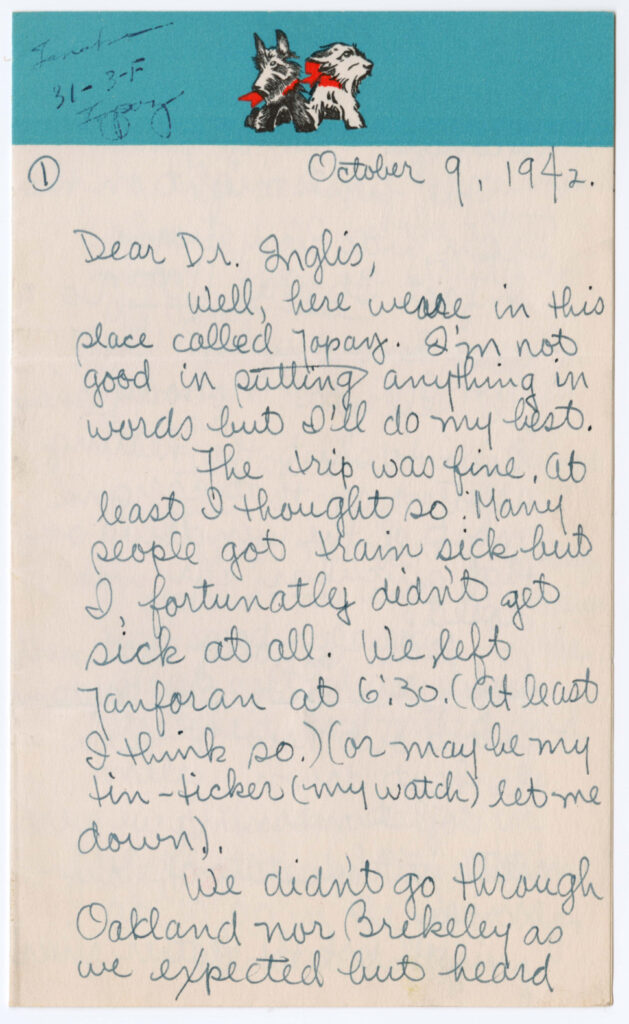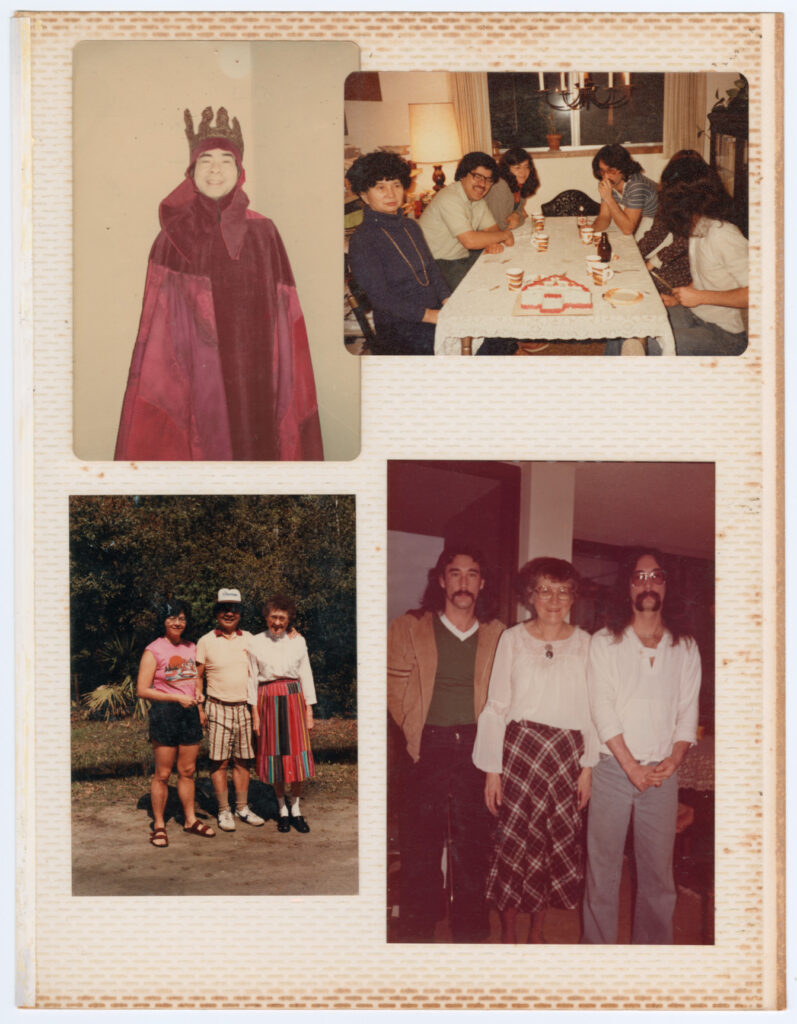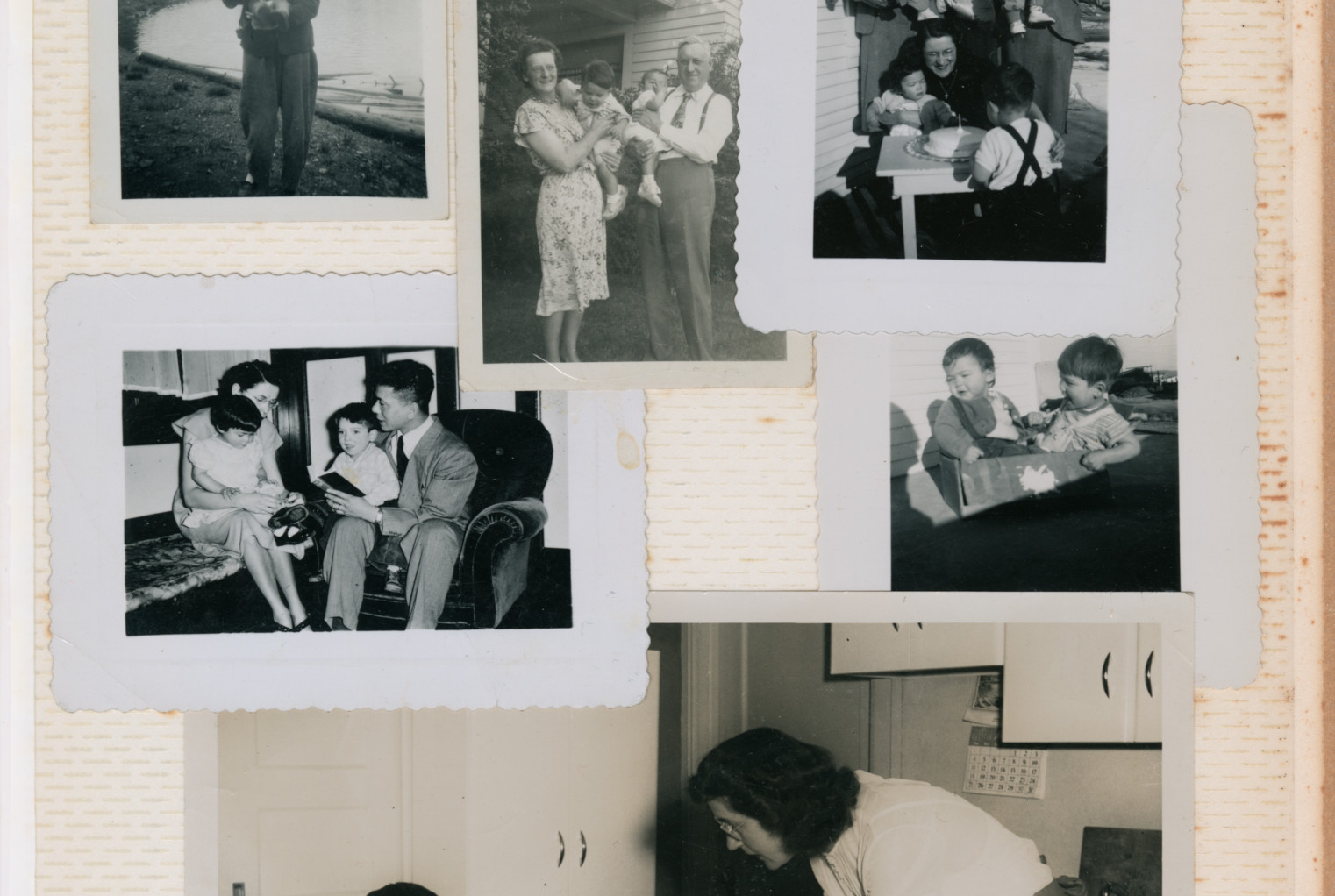September 29, 2023
Kelsie Flack gained a love of archival work during her undergraduate degree when she worked in special collections at the University of Utah’s J.W. Marriott Library. This experience pushed her to pursue an MLIS at Louisiana State University, where she developed a passion for archival preservation and access, particularly for marginalized communities. As one of Densho’s 2023 interns, Kelsie has spent the past several months adding new collections to the Densho Digital Repository. In this Q&A, she reflects on the ways community-based archives help prevent the erasure of our history by allowing the people who lived it to tell their own stories.
What sparked your interest in working with archives?
I started working in archives while I was an undergraduate at the University of Utah and I ultimately fell in love with the direct connection to history, community, and life that archives bring to the people who interact with them. From there, I pursued a Master of Library and Information Science at Louisiana State University, where I specifically gained an interest in community-based archives and care for archives from marginalized communities. I find community archives, like Densho, so inspiring and important in telling correct histories directly from the people who experienced them.
Archives are a source of constant learning and growing, and I believe that we should all continue to learn and grow in our own lives. I love that archives provide a space for that possibility.
Did you have a favorite collection that you worked on during your internship?
I worked on a handful of collections that ranged from family photo albums to personal correspondence to rice cake factory labels and mock-up drawings. I entered this internship wanting to work on a mixture of records from Japanese American experiences, and I was lucky enough to do exactly that.
Two collections stand out to me from my time as an intern. The first being the Robert Inglis Collection. Reverend Robert Inglis provided kindness and charity to Japanese Americans as they were being removed from Oakland, California to Tanforan Assembly Center and the Topaz and Jerome concentration camps. The bulk of this collection is correspondence from Japanese Americans thanking Rev. Robert Inglis for his support and unwavering kindness during their removal. The items from this collection that I will think about for the rest of my life are the letters from individuals who were incarcerated at Topaz. I was born and raised in Salt Lake City, Utah, which is just two hours north of Topaz. Growing up, I learned little to nothing about the shameful history of Topaz or the experiences of those who were incarcerated there. Reading these letters provided me with first-hand accounts of what Topaz was like for those who were incarcerated. I wanted to learn more about this history going into this internship and it was incredibly valuable to fill those historical gaps. I am planning to visit the Topaz Museum this fall to further this learning.

The second collection that I want to highlight is the Tsutomu “Tom” Fukuyama Collection, which consists primarily of family photo albums. It was truly a joy to see the Fukuyama family grow and evolve over the years that are included in the albums. This work felt like an honor to perform because I was trusted to join this family throughout the years and peer into their evolution as a family.

Why do you think archival work is so important?
Community-based archives are incredibly important to cultural and human memory because they provide an archival and historical space for people and communities that are often excluded from the traditional archival narrative. Community-based archives allow people to tell their personal stories in exactly the way that they want, which allows communities to appropriately and ethically learn about histories that are often mistold or erased in museums, libraries, and traditional archives. It is important to learn the truth of histories that live outside the margins, and community archives allow that to happen.
Densho is a top resource for Japanese American stories told by those who actually experienced them. The experiences that are included in Densho’s collections are preserved for today, but also for years to come so that these histories are never erased or diminished.
Was there something you learned, or an experience that felt meaningful to you, while doing this work?
I appreciate that I have been able to learn about histories that I would not have otherwise known. The incarceration of Japanese Americans by the US government is not a history that is often or thoroughly taught in schools, and that is definitely my experience. I mentioned earlier that Topaz is a mere two hour drive from where I have lived my whole life, yet it was never a story that educators or other people ever wanted to bring up. I am grateful that this internship experience gave me a platform to dive into that learning because it is such a huge part of my state’s history and something that I should be more knowledgeable on. I will cherish this time during which I was able to expand my knowledge on this history, and I will continue to advocate for these experiences to be heard.
—
Funding for Kelsie’s internship was generously provided by the Washington State Historical Society’s Diversity in Local History Program.
[Header: Photo album page from the Fukuyama Family. Pictured are Tsutomu “Tom”, Betty, David, and Mary Alice Fukuyama. Courtesy of the Tsutomu “Tom” Fukuyama Collection, Densho.]


